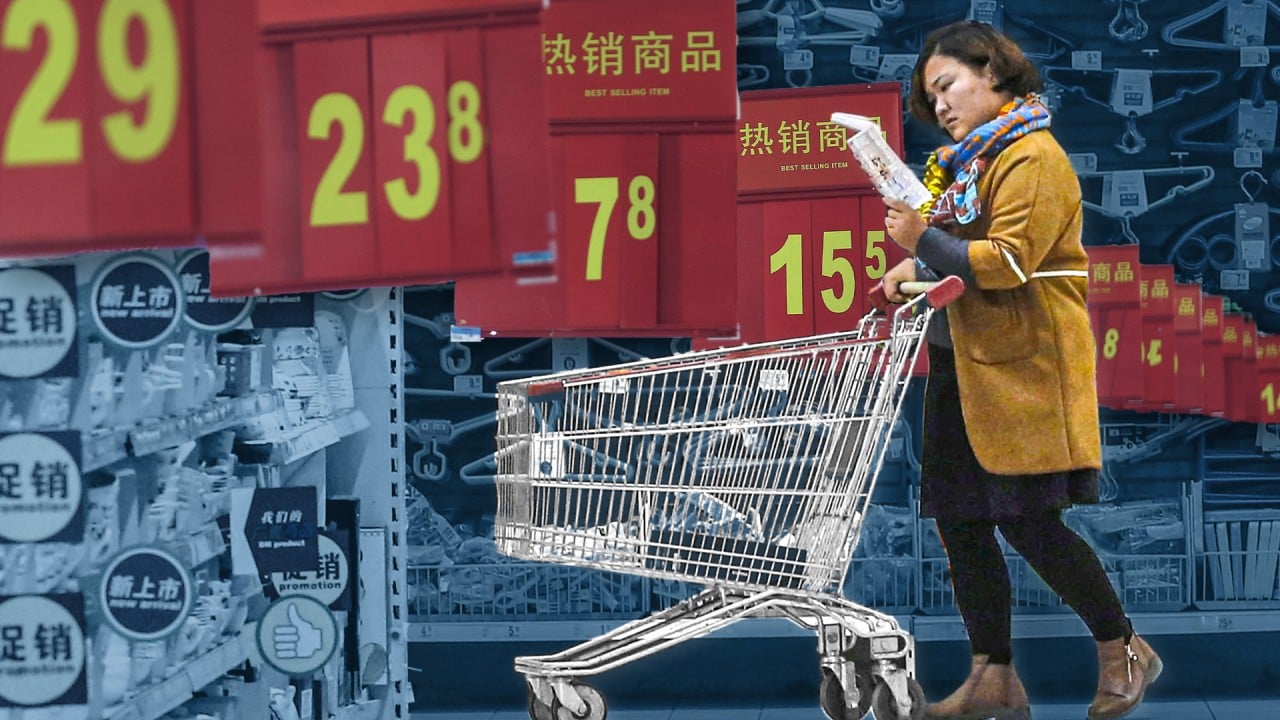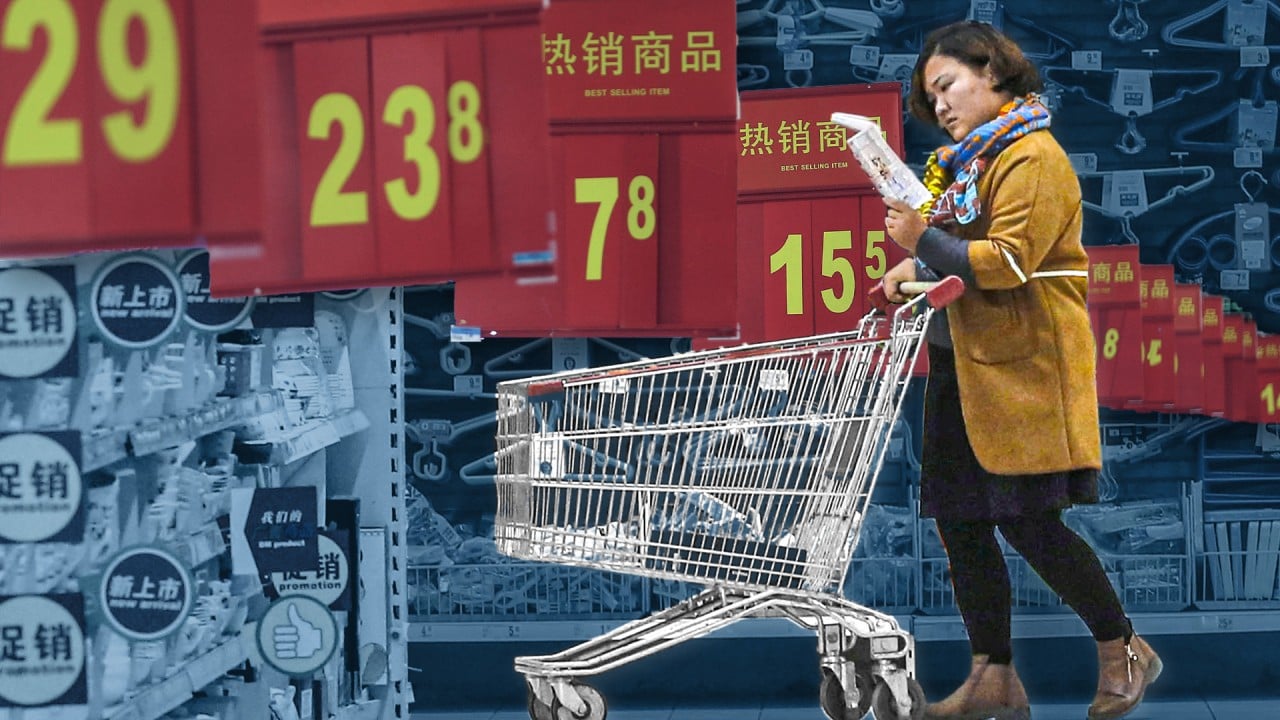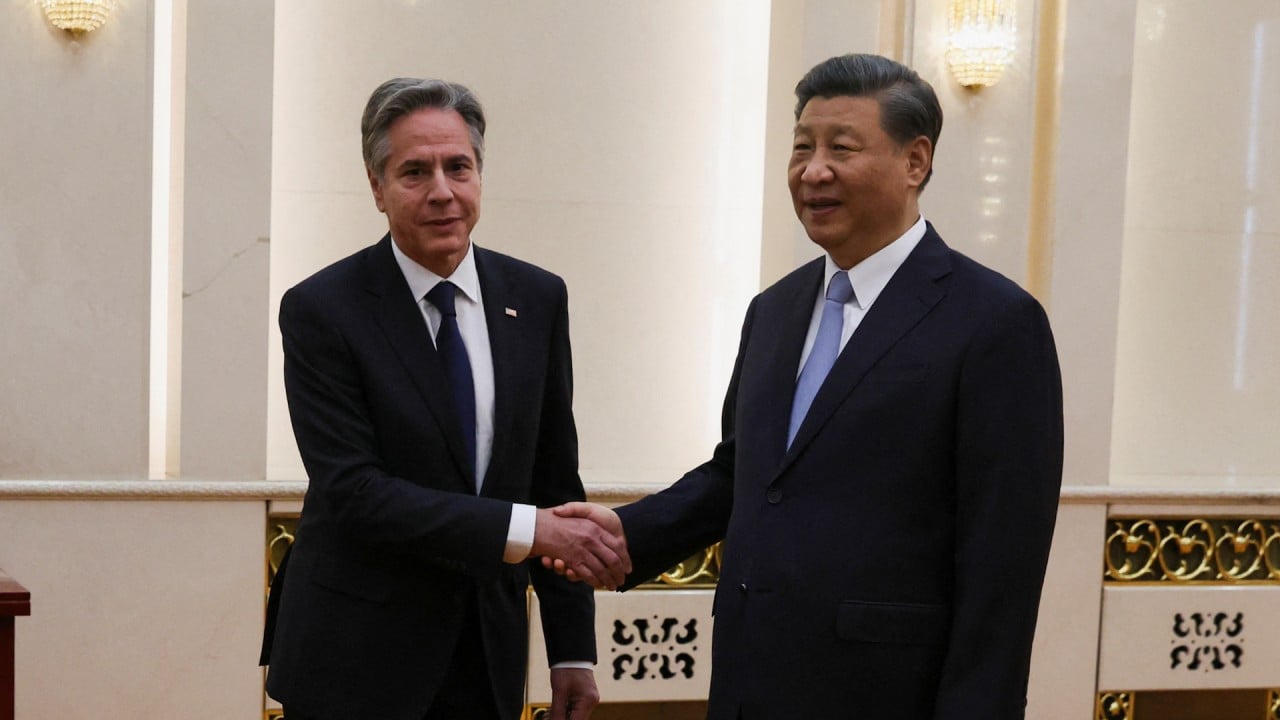At the third plenum of the 11th Central Committee in 1978, Chinese leader Deng Xiaoping called on Communist Party cadres to “emancipate our minds, use our heads, seek truth from facts”. He would soon take charge of a country that had freshly emerged from the disastrous upheaval induced by ideological extremism and unbridled mass mobilisation.
Few in the world then could have foreseen the seismic transformations that China would undergo. In strategically privatising segments of the national economy, bolstering governmental transparency and accountability and pursuing China’s integration into the global economy, Deng and his associates did away with the prior fixation on grand narratives and set the country on a track of pragmatism-fuelled modernisation.
Nearly 50 years on, China faces a vastly different world. It has leapfrogged many countries on its way to becoming the second-largest economy in the world. The Global South is rising, albeit unevenly and with apparent internal differences. Supply chains are increasingly being disassembled and reassembled, with finance and trade flows redirected along the lines of geopolitical and regional blocs.
Yet there are also similarities between the past and present. Some observers, such as historian Niall Ferguson, have argued that the present era is one of Cold War II. The much-heralded post-Cold War ethos of win-win globalisation and free trade appears to have given way to a rude awakening that intense strategic rivalries between great powers are here to stay.
With the third plenum taking place this week, China must recognise that its fundamental recipe for success has not changed. Keeping its doors open and making way for bottom-up experimentation remain integral elements of its economic success, especially as it seeks to undertake the much-needed transformation into a knowledge-based advanced manufacturing powerhouse with a robust, affluent middle class.
First, China must empower its entrepreneurs to fill pressing gaps and elevate the experimental competitiveness of both private and state-owned enterprises. Economist Keyu Jin has pointed to the demand deficit and loss of confidence in the private sector as obstacles in China’s post-pandemic recovery. Researchers have observed that local government debt has crowded out private investment through selectively imposing funding constraints.
As a backbone of employment and growth, private firms – especially small and medium-sized enterprises – have a significant role to play in disseminating and leveraging innovation to create greater value for society. Yet in the first 11 months of 2023, fixed-asset investment of the private sector contracted by 0.5 per cent, as compared to a 6.5 per cent rise in the state sector.
Recent signals and measures such as President Xi Jinping’s meeting with prominent liberal economists and business leaders are most welcome. In addition, there was the National Development and Reform Commission’s report championing more robust financing and listing support for private enterprises while admonishing “selective” law enforcement.
However, more is needed. China must improve the consistency, certainty and clarity in its policymaking processes and communications with private firms, as well as strengthen legal protections for grass-roots entrepreneurship and civilian-led research and innovation.
While state support is crucial in overcoming overhead costs in strategic sectors such as solar panels, electric vehicles and lithium batteries, Beijing should now promote competition between well-established firms and encourage joint ventures with foreign partners instead of employing further subsidies. Such resources are best deployed elsewhere, such as launching agricultural and geriatric tech research, which could help with China’s food security and ageing population.

Second, Beijing must continually open up the country to foreigners, whether they are tourists, students or skilled labour. Zheng Yongnian, a political scientist and professor at the Chinese University of Hong Kong in Shenzhen, has called upon China to unilaterally open up to the rest of the world.
There have been recent signs of the leadership’s responding to the needs and interests of foreign businesses. These include the move to relax mainland visa restrictions for non-Chinese permanent residents in Hong Kong and the inclusion of Australia and New Zealand in the list of unilateral visa-free countries announced by Premier Li Qiang during his visit to Oceania last month.
Going forward, Beijing should expedite the expansion of the visa-free list of countries while extending automatic mainland entry visas to select groups of international students enrolled in Hong Kong. This would bolster the city’s role as a buffer zone between the mainland and the world.
More attention must be paid to the concerns and difficulties experienced by foreign firms operating in China, such as the administrative obstacles associated with legal registration, business disputes and the opacity of security laws. Robust action is needed to restore the confidence of foreign investors.
Finally, experimentation and openness require an accurate, sophisticated understanding of the outside world. The Covid-19 pandemic dealt a severe blow to people-to-people exchanges between China and the world at large.
China must not forego constructive dialogue and healthy debate with experts, groups and parties with which it does not necessarily always see eye to eye. Closed-door discussions with well-informed and well-intentioned interlocutors, even if critical, should happen more frequently and cover a wider range of issues and locations.
Loyal advice can be jarring on the ears. Positive storytelling and effusive praise are of course welcome, but it is only through informed, engaged and fair-handed responses to criticism that China can show the world at large what it truly is: a responsible power which can work constructively with others to advance the core interests of the entire world.
Brian Wong is an assistant professor in philosophy at the University of Hong Kong and a Rhodes Scholar and adviser on strategy for the Oxford Global Society




